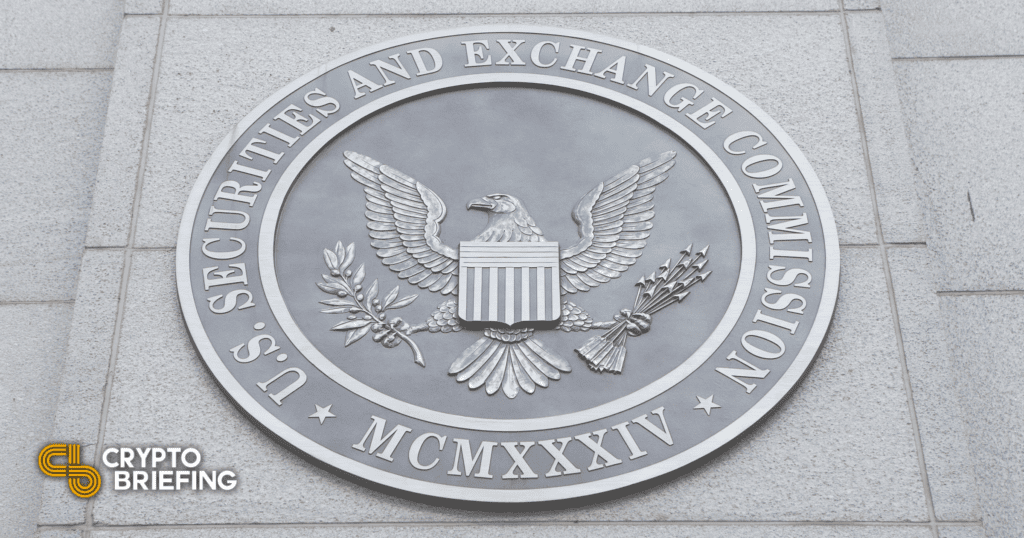
Shutterstock cover by Mark Van Scyoc
Poloniex Reaches $10M Settlement With SEC Over Unregistered Status
According to the SEC, Poloniex facilitated the trading of digital assets securities without registering as a national securities exchange.
The Securities and Exchange Commission has charged crypto exchange Poloniex for operating an “unregistered online digital assets exchange” and facilitating the trading of digital assets it deems securities on its platform.
Poloniex Settles Charges with the SEC
Poloniex will pay $10 million to settle charges with the Securities and Exchange Commission, it was announced Monday.
The charges related to the period between Jul. 2017 and Nov. 2019, when the firm operated the exchange prior to selling the platform to an Asian consortium of unidentified investors. The SEC claims that during the period “Poloniex operated a web-based trading platform that facilitated buying and selling digital assets, including digital assets that were investment contracts and therefore securities.”
The exchange allegedly violated securities laws, specifically, Section 5 of the Exchange Act, for not registering as a national securities exchange. Commenting on the case, Chief of the SEC Enforcement Division’s Cyber Unit Kristina Littman said:
“Poloniex chose increased profits over compliance with the federal securities laws by including digital asset securities on its unregistered exchange […] Poloniex attempted to circumvent the SEC’s regulatory regime, which applies to any marketplace for bringing together buyers and sellers of securities regardless of the applied technology.”
Neither admitting nor denying the findings, the exchange has agreed to pay a total of $10,388,309 to settle the charges with the SEC.
